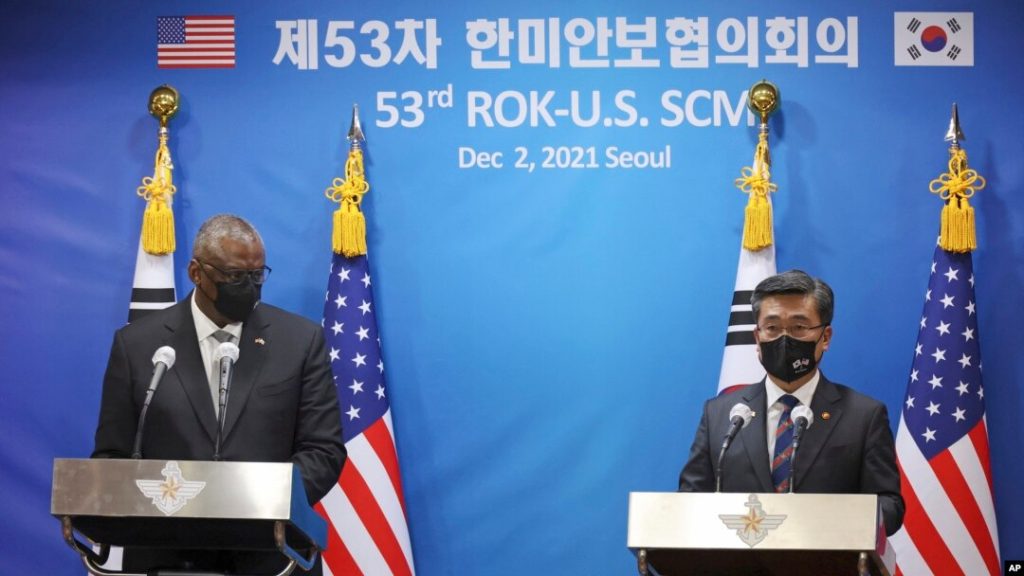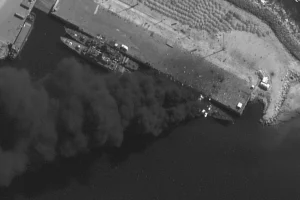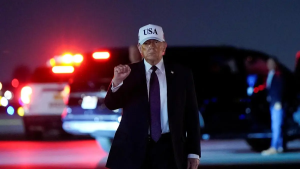U.S. War Secretary Praises South Korea’s Defense Ambitions Amid Regional Tensions

U.S. War Secretary Pete Hegseth commended South Korea’s plans to boost military spending, stating Tuesday that the Asian ally will assume greater responsibility for its defense against North Korean threats as both nations prepare for “regional contingencies.”
Modernizing the long-standing U.S.-South Korea alliance has become a contentious topic, with the U.S. urging Seoul to enhance its conventional defense capabilities to allow Washington to focus on China. Following annual security discussions with South Korean Defense Minister Ahn Gyu-back in Seoul, Hegseth expressed “great encouragement” over Seoul’s commitment to increase defense spending and invest in its military strength. He emphasized that these efforts would strengthen South Korea’s capacity to lead conventional deterrence against North Korea.
In a parliamentary speech Tuesday, South Korean President Lee Jae Myung urged lawmakers to approve an 8.2% rise in defense funding for the next year, citing plans to modernize weapons systems and reduce reliance on U.S. support. Hegseth highlighted cooperation on repairing U.S. warships in South Korea, noting that the initiative leverages Seoul’s advanced shipbuilding expertise to ensure readiness for crises.
“We face a dangerous security environment, but our alliance remains robust,” Hegseth said. He underscored that the U.S.-South Korea partnership primarily addresses North Korean threats but must also account for other regional risks. “Flexibility for regional contingencies is under consideration, but our focus remains on supporting allies and ensuring the DPRK does not threaten the Republic of Korea or uphold nuclear deterrence as before,” he added.
The DPRK refers to North Korea, while the Republic of Korea is South Korea’s official name. Recent U.S.-South Korea talks have centered on integrating American nuclear assets with South Korean conventional forces, as Seoul operates under Washington’s “nuclear umbrella.” Defense Minister Ahn dismissed speculation about South Korea pursuing its own nuclear program or seeking the return of U.S. tactical weapons removed in the 1990s, reaffirming adherence to the nuclear non-proliferation treaty.
Hegseth and Ahn did not issue a joint statement after their meeting, an unusual outcome for such talks, though Hegseth claimed there were no disagreements. During separate discussions with Lee, the South Korean president reiterated support for transferring wartime operational control of allied forces to a binational command led by a South Korean general. Currently, U.S. leadership oversees this role.
South Korea’s Joint Chiefs of Staff reported North Korea test-firing approximately 10 artillery rounds toward its western waters on Monday, shortly before Hegseth and Ahn began their two-day visit. The North also fired similar rounds Saturday ahead of a summit between Lee and Chinese President Xi Jinping, during which Lee urged Beijing to mediate with Pyongyang. North Korea criticized the meeting, mocking Seoul’s “pipe dream” of persuading the regime to abandon its nuclear arsenal.




